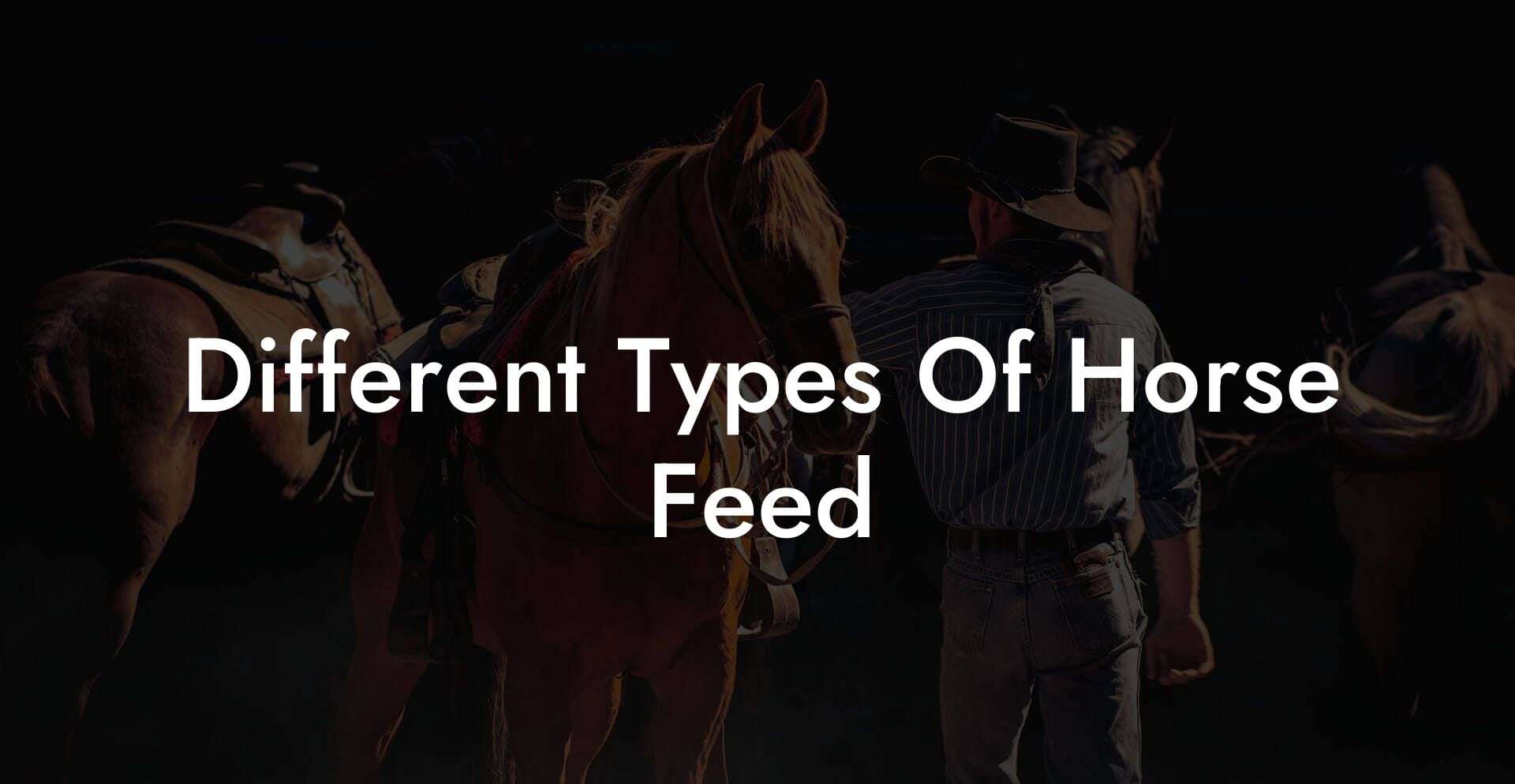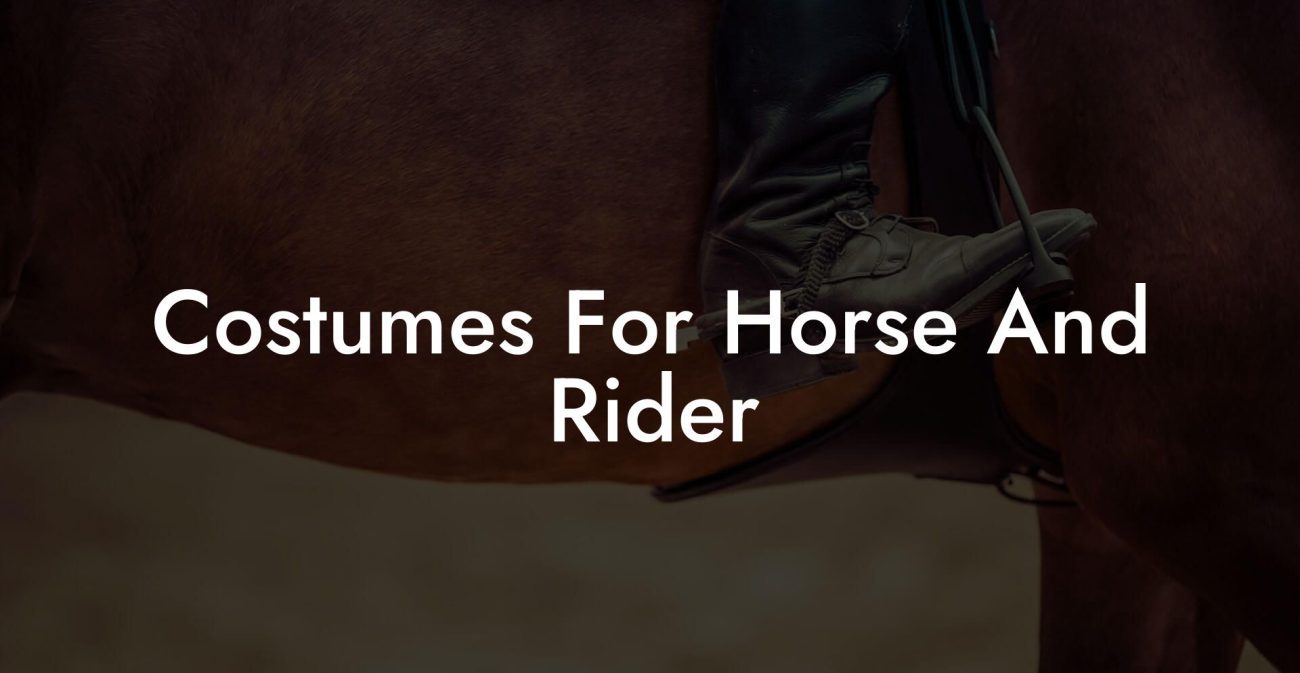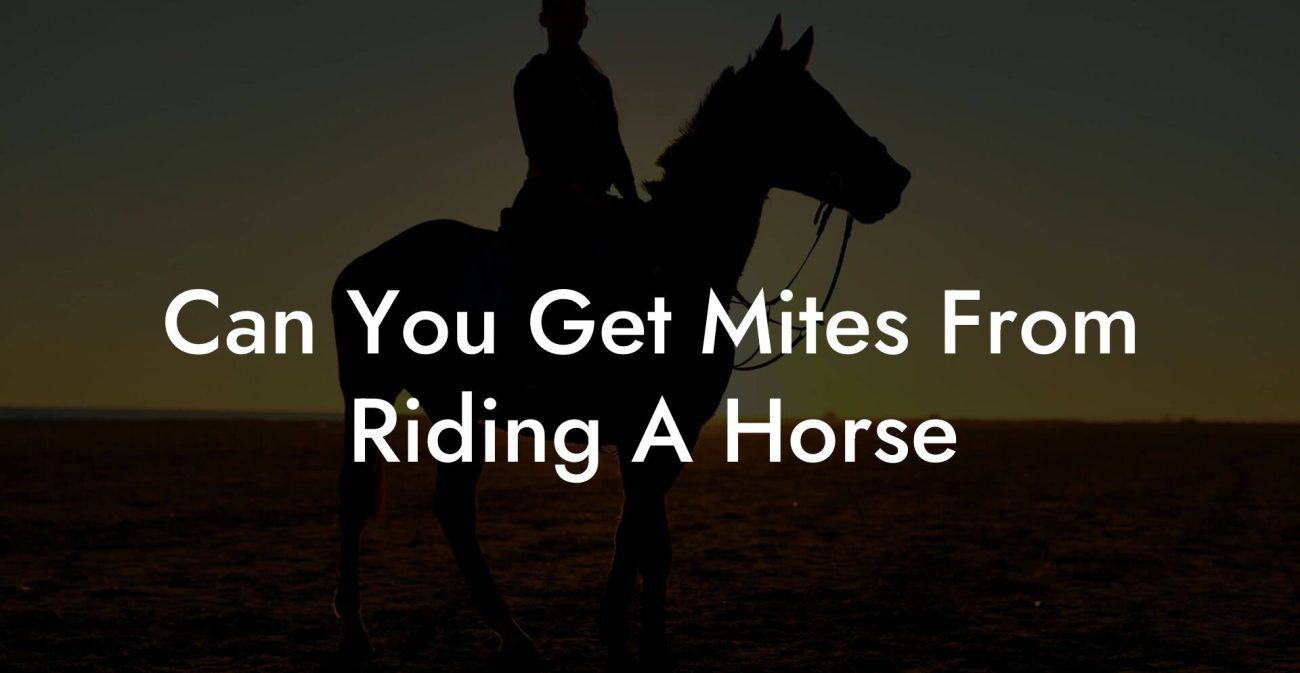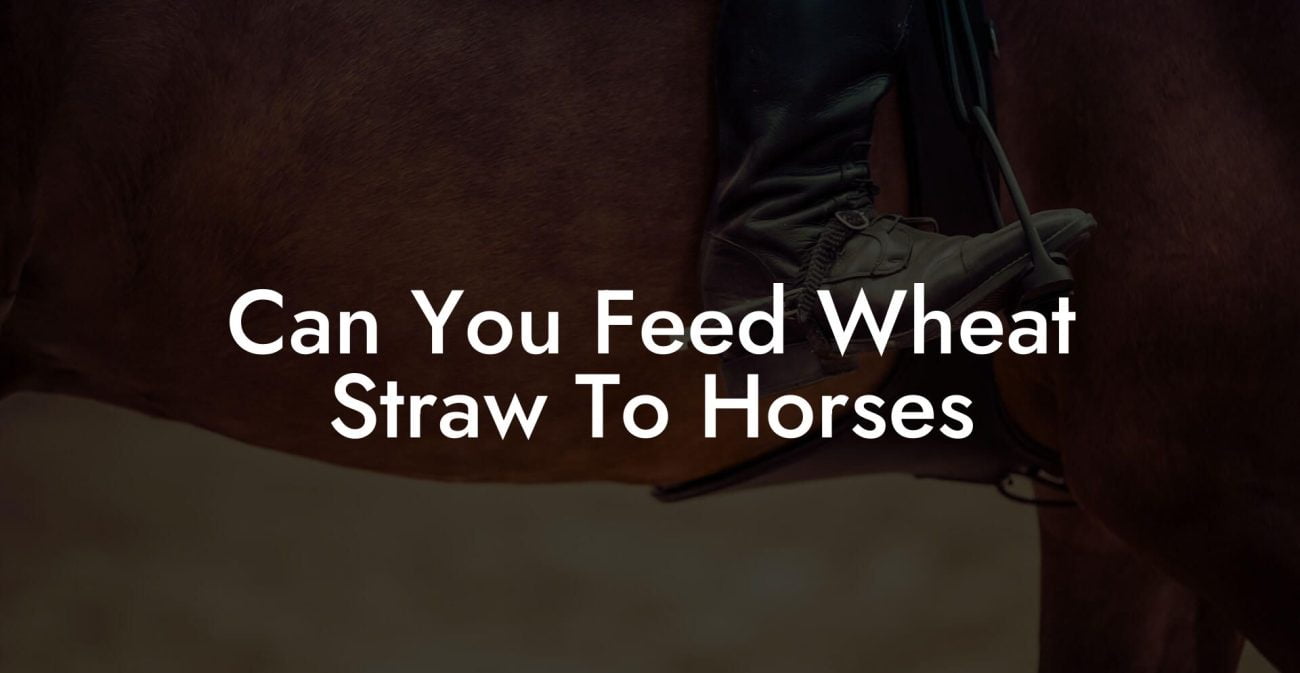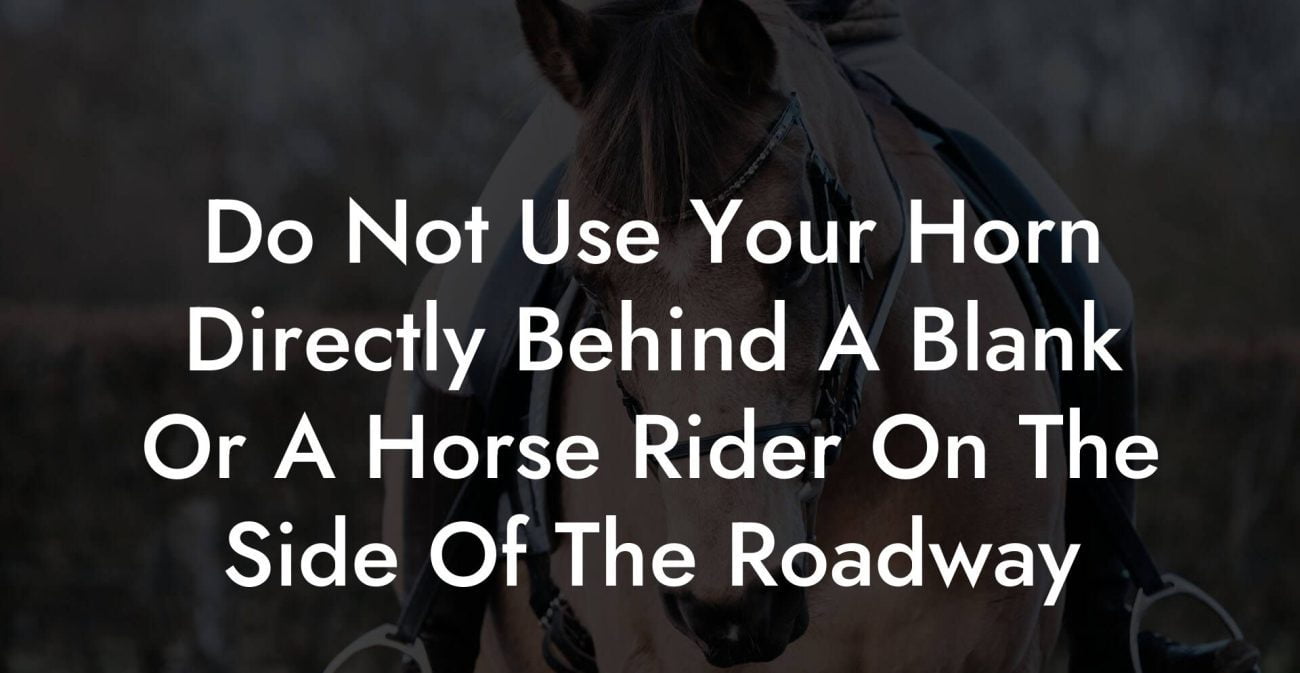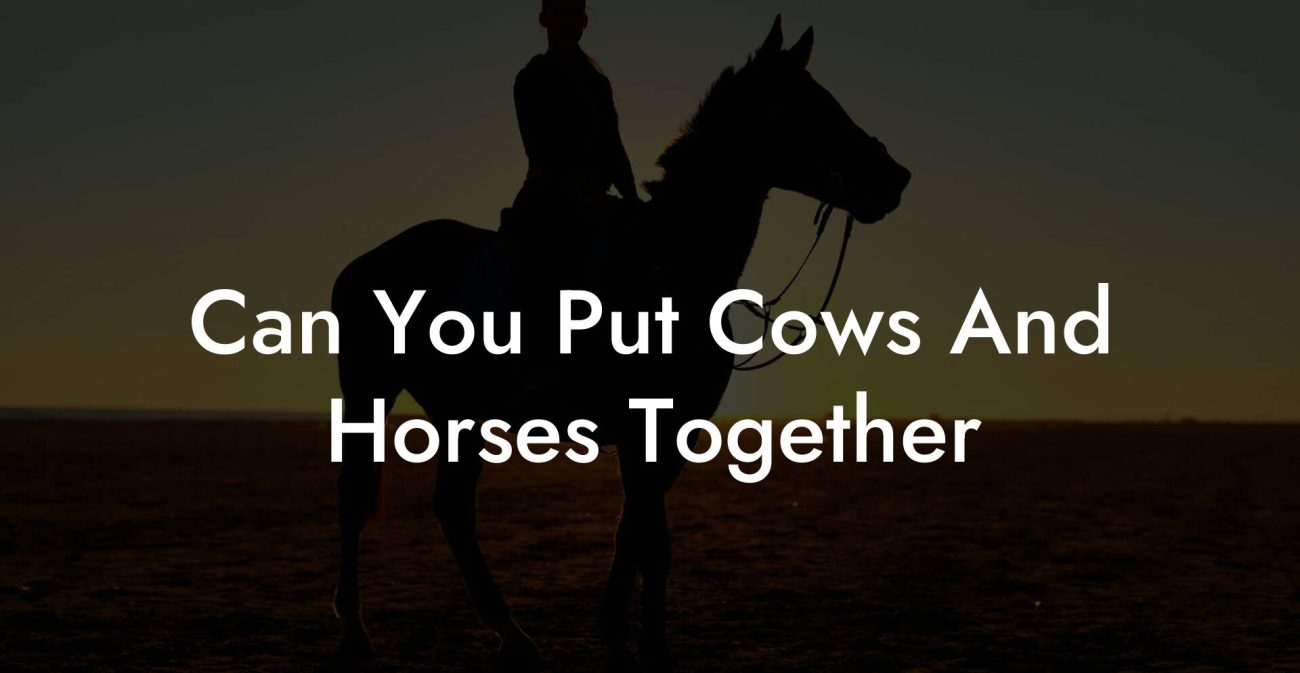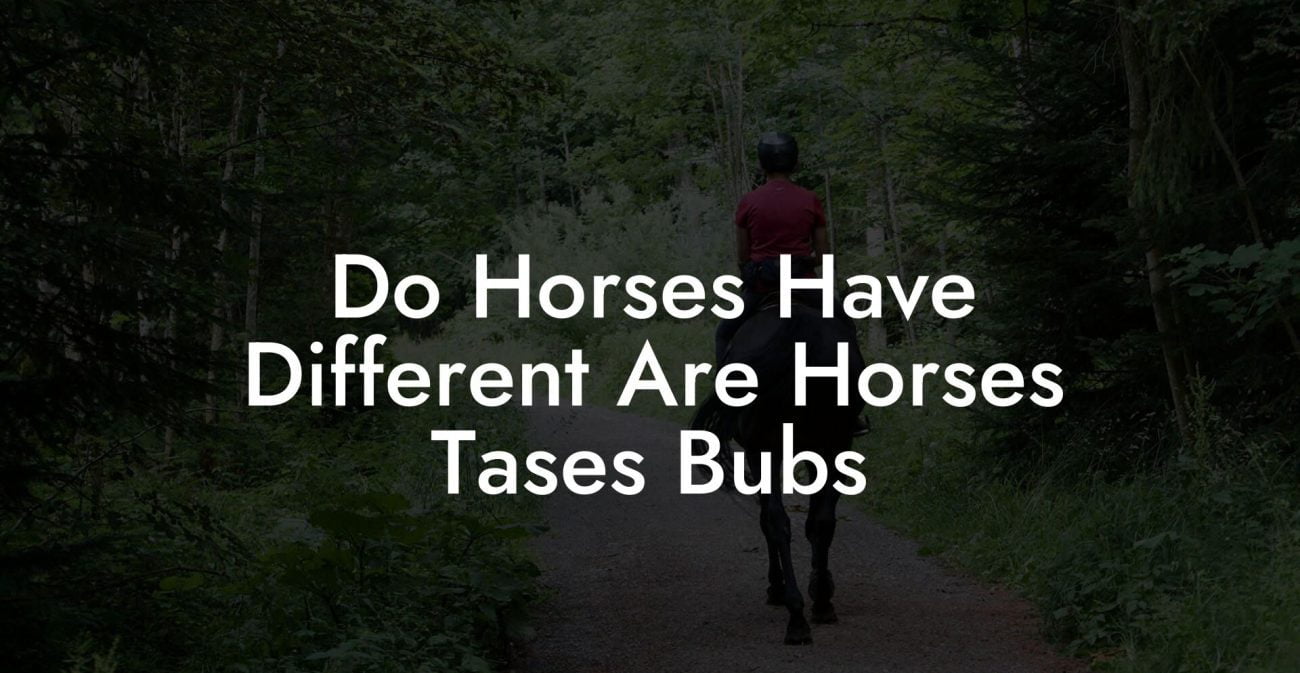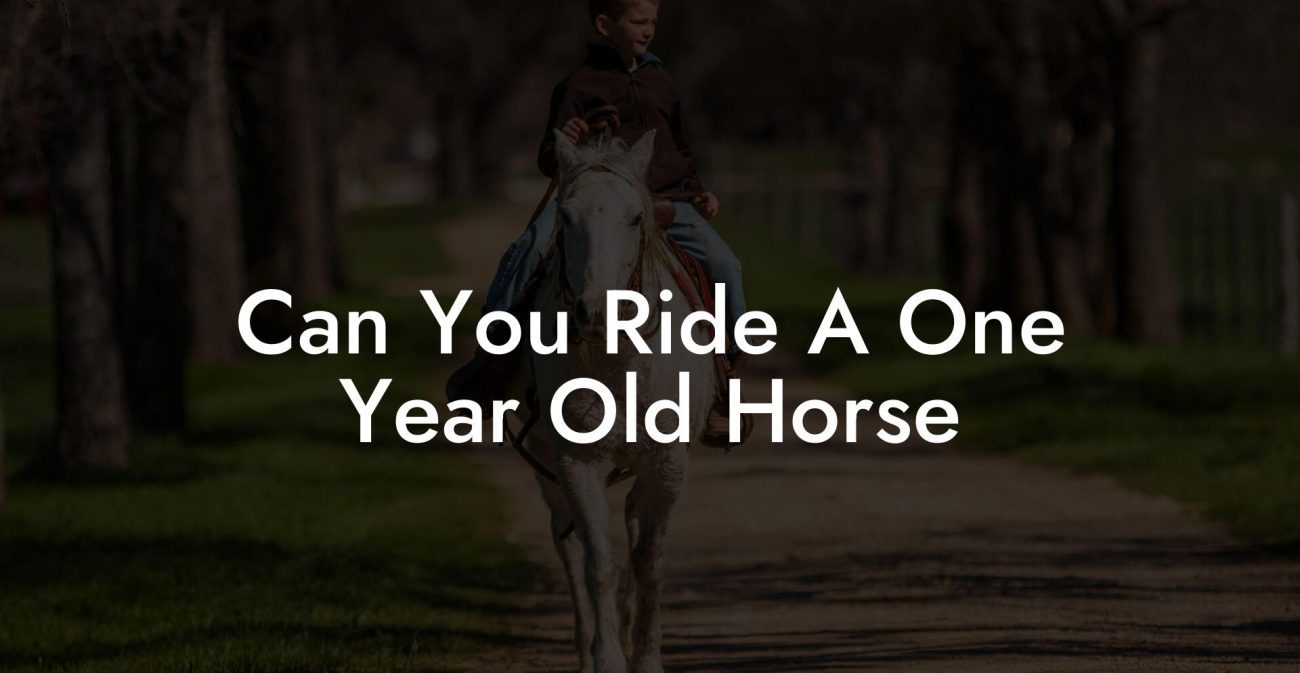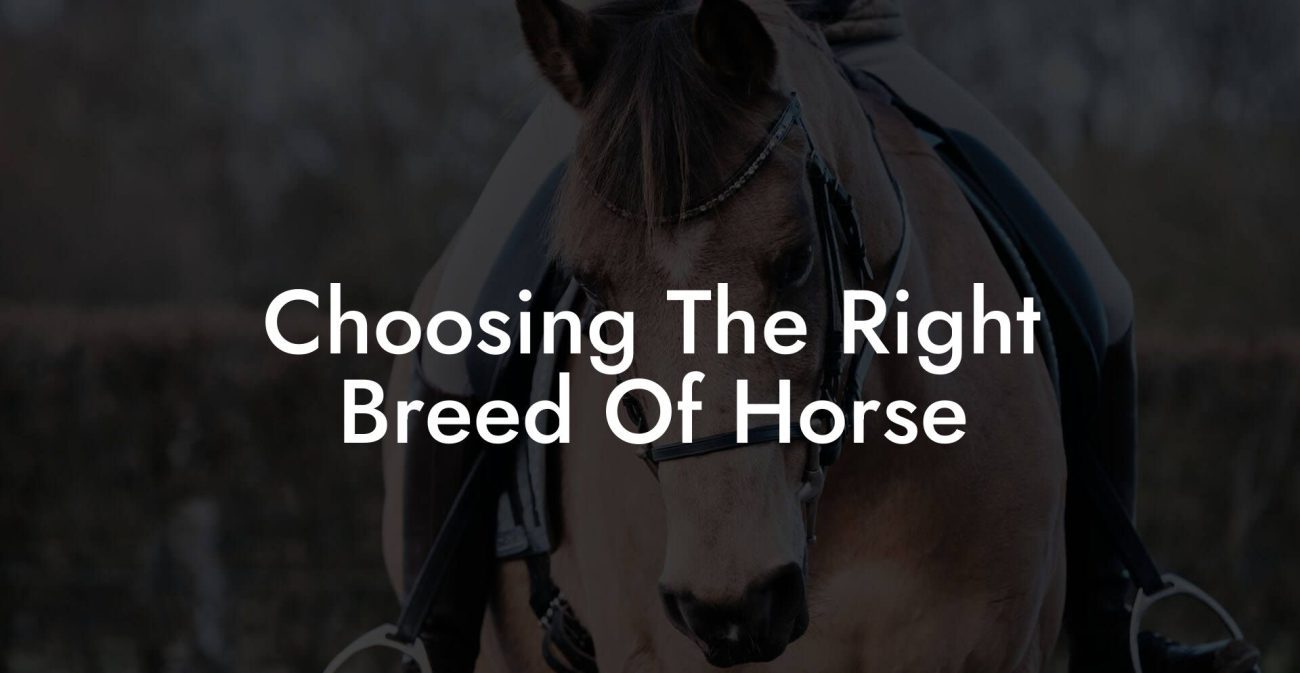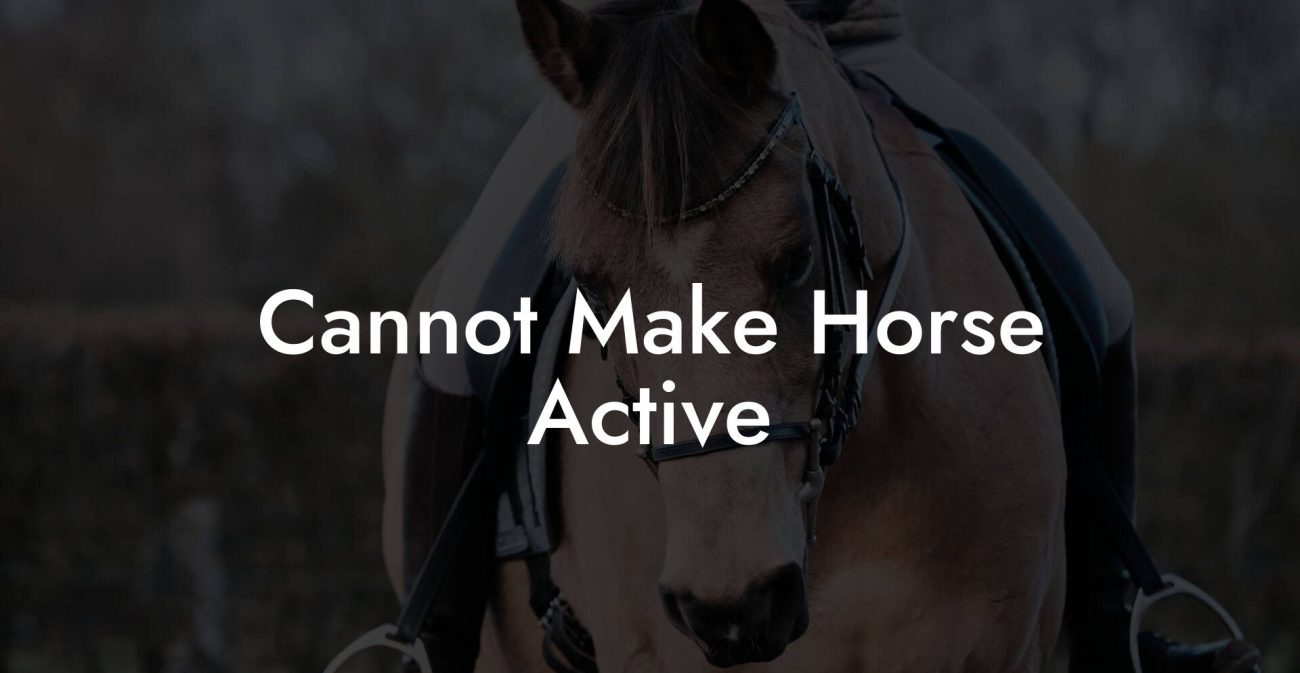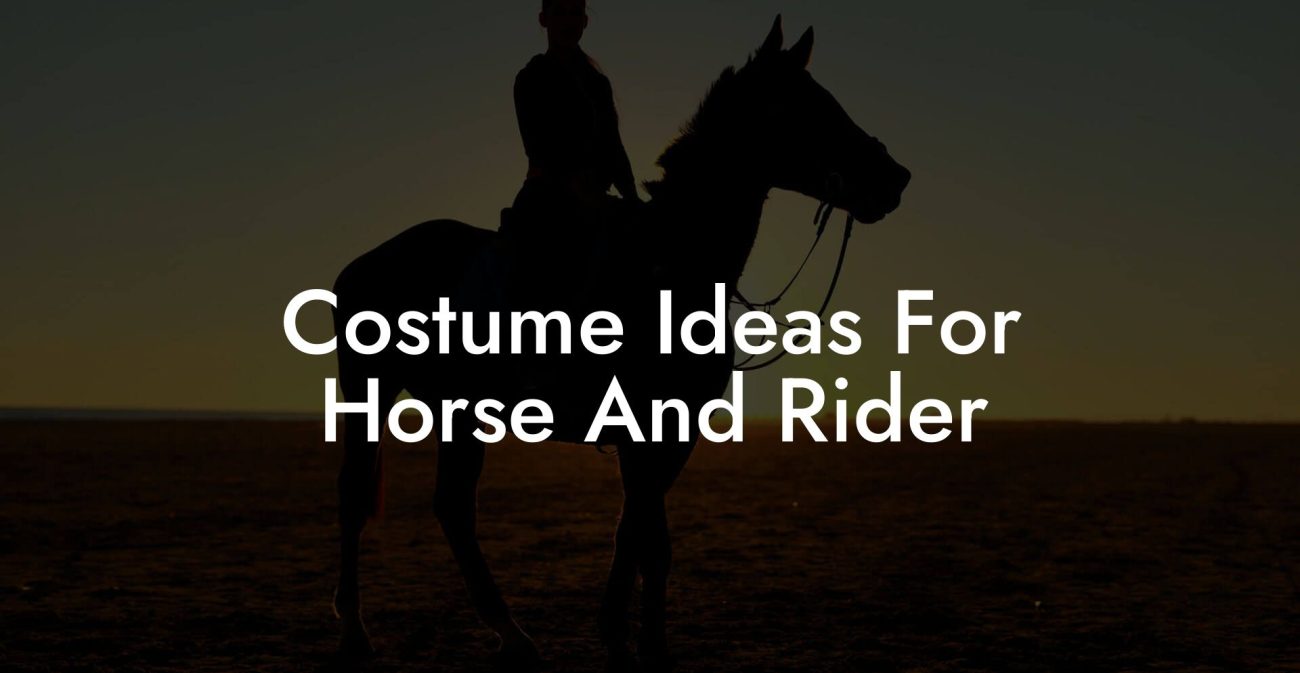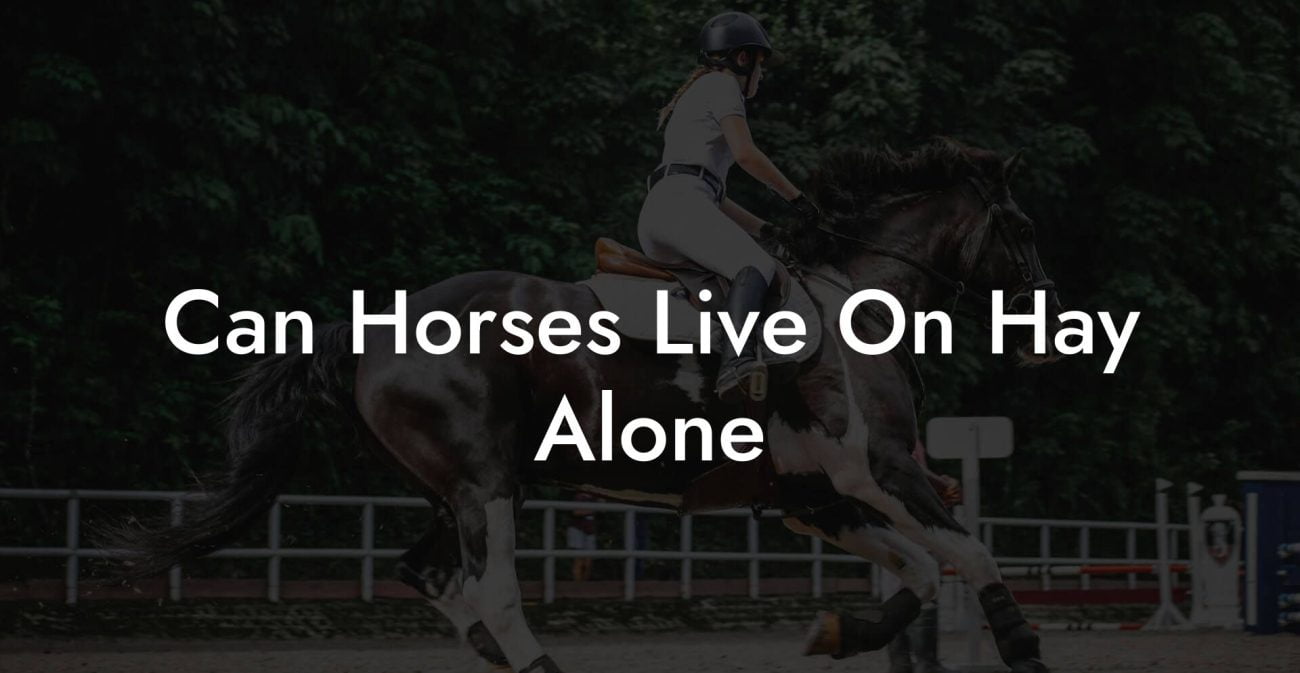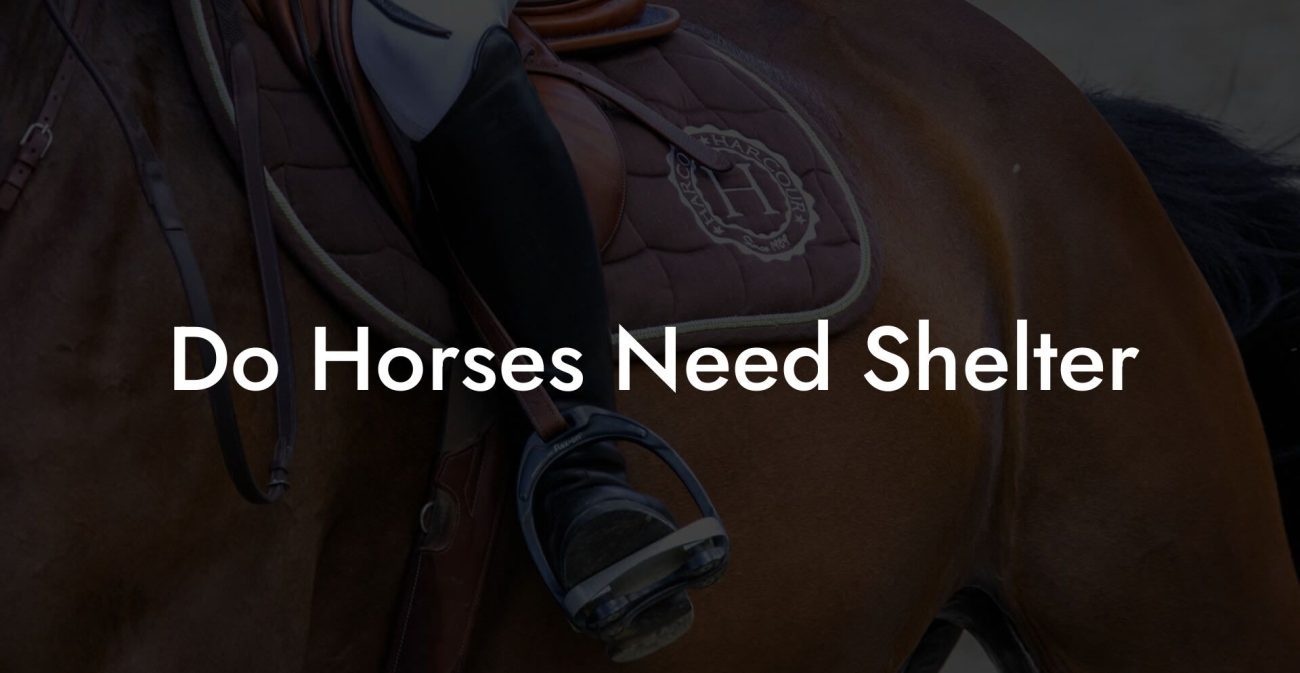Ever wondered what makes your four-legged friend gallop with gusto or trot with that extra bit of pep in their step? The secret sauce lies in understanding the different types of horse feed! Whether you're a new millennial equestrian or a seasoned Gen-Z rider, this guide dives deep into the deliciously complex world of equine nutrition. From the humble hay bale to the sophisticated grain mixes and supplements, get ready to explore a smorgasbord of feed options that will leave your horse healthier, happier, and probably asking for seconds.
Quick Links to Useful Sections
- The Essentials: Why What Your Horse Eats Matters
- Hay: The Gold Standard of Equine Nutrition
- Grass Hay vs. Alfalfa Hay
- Grain Feeds and Concentrates: The Energy Boosters
- Oats, Barley, and Corn: The Big Three
- Commercial Concentrates and Pelleted Feeds
- Forage-Based Diets: Embracing the Grazing Lifestyle
- Supplements and Additives: The Finishing Touches
- Vitamins and Minerals
- Probiotics and Digestive Enzymes
- Joint Support and Omega-3 Fatty Acids
- Specialized Feeds: Catering to Unique Needs
- Performance Feeds
- Senior Horse Diets
- Metabolic Feeds
- How to Choose the Best Feed: A Practical Checklist
- Feeding Strategies for Every Scenario
- Ad Libitum Feeding
- Scheduled Feeding
- Mixed Feeding Approaches
- Feed Storage, Handling, and Safety Guidelines
- The Science Behind Equine Digestion: An Inside Look
- From Pasture to Plate: Embracing Sustainability in Horse Feed
- Mixing It Up: Creative Recipes and Feed Ideas for Your Horse
- Resources and Community Support: Your Next Steps
- FAQ: Your Burning Questions About Horse Feed Answered
- Your Road to Equine Culinary Mastery
The Essentials: Why What Your Horse Eats Matters
Just like us, horses thrive when they have the right fuel in their tank. But feeding a horse isn’t as simple as tossing them a carrot (though carrots are a delightful treat!). Equine nutrition is a science and an art, a balance of natural ingredients, supplements, and sometimes even gourmet grains. The type of feed you choose directly impacts your horse's digestion, energy levels, coat quality, and even their mood (yes, horses can have mood swings too!).
Modern research, infused with a healthy dose of tradition, has broadened our understanding of what constitutes a balanced diet for horses. When feeding your equine companion, you're not just considering calories; you're looking at a combo of fiber, protein, fat, vitamins, and minerals. And let’s be real, in a world where food trends can make or break your Instagram game, why should your horse's feed be any less amazing?
Hay: The Gold Standard of Equine Nutrition
Let’s kick things off with the foundation of most horses’ diets: hay. Often perceived as just dried grass, hay is your horse’s lifeline, providing the bulk of their nutritional needs and digestive fiber. Not all hay is created equal, though, and understanding the nuances can boost your horse’s health and energy.
Grass Hay vs. Alfalfa Hay
For centuries, horses have grazed on natural pastures, and grass hay is a fine imitation of that diet. It’s low in calories, high in fiber, and perfect for weight management. Think of it as the organic, farm-to-table option for your horse.
On the flip side, alfalfa hay is a protein-packed powerhouse. Rich in calcium and other vital nutrients, alfalfa is ideal for horses that need to gain weight, are in active training, or simply have higher nutritional demands. However, it’s not a one-size-fits-all solution. Overfeeding alfalfa can lead to obesity, laminitis, or digestive upset, so moderation is key. It’s the difference between a hearty brunch and an all-you-can-eat buffet, sometimes less is more!
Remember, premium hay is not just about appearance. Its color, texture, and smell can indicate its nutritional value. Look for hay that is green, slightly sweet-smelling, and free of dust and mold. Properly cured hay is essential for preventing respiratory issues and ensuring maximum digestibility.
Grain Feeds and Concentrates: The Energy Boosters
While hay provides the essential roughage, grain feeds and concentrates offer an energy boost for active, growing, or working horses. Think of grain feeds as your horse’s equivalent of a power smoothie, it’s concentrated, nutrient-dense, and gives them that extra pep when hitting the paddock.
Oats, Barley, and Corn: The Big Three
Oats are the go-to grain for many horse owners due to their digestibility and moderate energy release. Oats are a slowly digested carbohydrate that ensures your horse gets a steady stream of energy without spiking their blood sugar levels. They’re perfect for horses in light work, leisure riders, and even those just kicking back in the pasture.
Barley is another popular choice. It is slightly higher in energy than oats and works well for horses that need a little extra kick but aren’t in intense training. It’s also easier to digest than corn, making it a safer option for sensitive eaters.
Corn, however, is a double-edged sword. It’s highly concentrated, providing maximum energy per bite, but it can be hard on the digestive system if not introduced gradually. It’s best reserved for high-performance horses or those requiring rapid weight gain. A word of caution: always grind corn or use a processed version to avoid choking hazards and aid digestibility.
Commercial Concentrates and Pelleted Feeds
In today’s fast-paced world, many horse owners opt for commercial concentrate feeds that come in the form of pellets or cubes. These products are a blend of grains, vitamins, and minerals designed to offer a balanced diet. They are especially handy for busy riders who want to ensure their horses get a complete meal without the fuss of measuring multiple ingredients.
The convenience of pelleted feeds has catapulted them into popularity. But here’s the catch: not all commercially available feeds meet the rigorous standards needed for specialized diets. Always check the ingredient list, read reviews, and consult with your equine nutritionist to pick the right formula.
In a nutshell, concentrated feeds are your answer when hay just isn’t enough to fuel robust activity, intense training sessions, or rapid growth spurts. They deliver a concentrated burst of energy and essential nutrients in a bite-sized package.
Forage-Based Diets: Embracing the Grazing Lifestyle
There’s a growing trend among modern equestrians towards forage-based diets, think of it as a return to nature. Instead of relying heavily on grains and concentrates, a forage-based diet emphasizes unlimited access to pasture or hay. This approach aligns with a horse's natural digestive system, optimized for slow, continuous grazing.
Forage-based feeding minimizes the risk of metabolic disorders like colic and laminitis while keeping the gut healthy and active. It’s the ultimate slow-food movement for horses: unprocessed, natural, and in tune with nature’s rhythms.
However, not all horses can effectively graze year-round due to seasonal changes or limited pasture space. In such cases, a blend of high-quality hay and controlled grazing sessions can help mimic the benefits of a natural forage diet without overindulgence.
Supplements and Additives: The Finishing Touches
Just as you might sprinkle chia seeds on your acai bowl, supplements and additives can give your horse’s feed that extra nutritional punch. These extras are particularly useful for horses with unique dietary needs, whether they’re picky eaters, athletes, or aging steeds.
Vitamins and Minerals
Vitamins A, D, and E, along with trace minerals like selenium and zinc, play critical roles in maintaining overall health, a shiny coat, and robust immune function. While most balanced feeds already contain these nutrients, targeted supplementation can help address specific deficiencies or bolster overall performance.
A balanced vitamin and mineral regimen promotes not only skin and coat health but also supports bone structure and muscle function, vital for any horse that spends time in the arena or on the trail.
Probiotics and Digestive Enzymes
When it comes to digestion, a little help can go a long way. Probiotics and digestive enzymes assist in breaking down feed more efficiently, ensuring that your horse gets the maximum benefit from every mouthful. This is particularly important for horses with sensitive stomachs or those undergoing antibiotic treatments.
Probiotics introduce beneficial bacteria into the gut, helping maintain a balanced digestive environment, while enzymes break down complex fibers and proteins. Together, they create a harmonious digestive system, a must for any horse that’s serious about their health.
Joint Support and Omega-3 Fatty Acids
As our horses get older (or if they’re athletes who push their limits), joint wear-and-tear can become a concern. Supplements rich in omega-3 fatty acids, along with glucosamine and chondroitin, can help mitigate inflammation and support joint health. These supplements act like a natural oil change for your horse’s joints, keeping them supple and resilient.
Incorporating these additives into your horse’s diet can result in improved mobility, enhanced stamina, and an overall boost in performance.
Specialized Feeds: Catering to Unique Needs
Not every horse is cut from the same cloth, and neither is their diet. Specialized feeds are crafted with specific needs in mind, be it for performance horses, senior horses, or those with metabolic issues such as Equine Metabolic Syndrome (EMS).
Performance Feeds
For horses that compete at high levels or undergo strenuous training, performance feeds are formulated to deliver high energy, optimal electrolyte balance, and robust muscle support. These feeds often feature a higher percentage of easily digestible carbohydrates, combined with proteins and fats that support rapid recovery after a hard workout.
But beware, just like choosing the right pre-workout supplement for yourself, it’s essential to tailor the feed to your horse’s training regimen. Too much energy can lead to hyperactivity and even digestive upset, while too little will leave your horse underpowered.
Senior Horse Diets
Older horses face different nutritional challenges, often needing diets that are easier on their teeth and more digestible overall. Senior feeds usually come in softer textures or even pelleted forms to facilitate easier chewing and swallowing. They also tend to have increased levels of dietary fiber and fat to help maintain body weight without putting undue stress on aging organs.
Additionally, these feeds may include joint supplements and antioxidants to combat the ravages of time. Consider it as your horse’s version of an anti-aging plan, keeping them spry, comfortable, and ready for the next sunset trot.
Metabolic Feeds
Horses suffering from metabolic disorders like EMS require feed that is low in non-structural carbohydrates (NSCs) while still meeting their energy demands. These specialized feeds help manage blood sugar levels, reduce the risk of laminitis, and maintain a healthy weight.
By carefully formulating the right balance between fiber, fat, and protein, these metabolic feeds act as a dietary tightrope, ensuring that even horses with sensitive metabolisms can enjoy a nutritionally complete meal without the risk of blood sugar spikes.
Whether your horse is a champion jumper or a gentle old mare, there’s a specialized feed out there that can cater to their needs. The key is to work with your veterinarian or equine nutritionist to find the perfect match.
How to Choose the Best Feed: A Practical Checklist
So, with all these feed options on the table, how do you pick what’s best for your equine buddy? It doesn’t require a PhD in animal nutrition, just a few thoughtful considerations can steer you in the right direction.
- Nutritional Content: Always keep an eye on the balance of fiber, protein, fats, vitamins, and minerals. Look for a feed that complements your horse’s specific energy needs and lifestyle.
- Quality and Origin: High-quality, locally sourced hay and grains are often fresher and less likely to contain contaminants. Organic options may also be available if you’re into eco-friendly and sustainable feeding practices.
- Digestibility: A feed that is too rich may cause digestive upset. Pay attention to your horse’s tolerance, and consider feeds that include digestive aids like probiotics if needed.
- Special Needs: Consider any special dietary requirements such as allergies, metabolic conditions, or the extra care needed for aging horses.
- Consultation with Experts: Don’t be afraid to reach out to your vet or equine nutritionist. An expert can provide personalized recommendations based on your horse’s body condition, workload, and overall health.
By putting these checkpoints in place, you ensure that the fuel you provide not only energizes your horse but also boosts their overall health and longevity. Remember, what you put in their bowl can ripple through their entire system, from hoof health to the shine on their coat!
Feeding Strategies for Every Scenario
No two horses are alike, and neither are their feeding strategies. Whether you’re managing a busy stable, a loving backyard pony, or a competitive performance horse, here are some strategies to ensure every bale of hay and every scoop of grain is put to good use.
Ad Libitum Feeding
With ad libitum feeding, horses have free access to forage like hay or pasture. This method mimics a natural grazing routine, allowing horses to nibble throughout the day. It works well for horses with low energy demands or those needing to maintain a healthy body weight. Just be sure the forage quality is top-notch to avoid nutritional deficiencies.
Scheduled Feeding
For horses with specific dietary needs or those in active training, scheduled feeding is the way to go. By portioning out meals at fixed times, you can control calorie intake, prevent overeating, and tailor the nutrient mix to suit their energy bursts. This strategy often pairs with ration balancers or combined feeds that deliver all-in-one nutrition.
Mixed Feeding Approaches
Many horse owners find that a hybrid of ad libitum forage and scheduled grain or supplement feeds provides the best of both worlds. The constant availability of hay supports natural grazing behavior, while timed grain meals deliver the extra energy needed for performance or recovery. This balanced approach helps prevent rapid fluctuations in blood sugar, reduces the risk of digestive issues, and maintains a lean muscle mass.
Experiment with feeding intervals, perhaps two to three smaller meals a day instead of one large one, to see how your horse responds. Over time, you can fine-tune the mix until you hit that sweet spot where your horse is both satisfied and athletic.
Feed Storage, Handling, and Safety Guidelines
Even the best feed can go to waste if it’s not stored or handled correctly. Let’s get down-to-earth with some practical tips to ensure your horse’s food stays fresh and safe.
Proper Storage: Always store hay and grains in a cool, dry, and well-ventilated area. Moisture can lead to mold, which not only reduces nutritional value but can also cause respiratory issues. Consider investing in a moisture meter if you’re serious about quality.
Handling Techniques: Use clean equipment when scooping or distributing feed. Regularly inspect feed bags or containers for signs of spoilage or pest invasion. A quick visual check can prevent bigger issues down the road.
Safety First: Make sure all feeding areas are free of contaminants, and always wash your hands after handling feed. Even in a stable, hygiene matters, your horse’s health is in your hands!
By implementing these simple yet effective storage and handling practices, you extend the shelf-life of feed, secure its nutritional quality, and ultimately contribute to a healthier, happier horse.
The Science Behind Equine Digestion: An Inside Look
While the feed might seem like a straightforward meal, the journey it takes inside your horse is nothing short of a marvel. The equine digestive system is uniquely designed to process high-fiber diets. The large hindgut, which includes the cecum and colon, ferments fibrous materials, breaking them down into volatile fatty acids that provide energy.
This fermentation process is crucial for horses. Unlike ruminant animals, horses have a monogastric system adapted to continuous grazing. This means that disruptions in this delicate balance, say, by introducing too many grains too quickly, can lead to colic or laminitis. Understanding this scientific backdrop empowers you to make smarter feeding decisions that work in harmony with your horse's natural biology.
By embracing a feeding regimen that respects the intricacies of equine digestion, you’re not only preventing health issues but also optimizing your horse’s energy levels, performance, and overall vitality. It’s like upgrading the software of your horse’s internal engine for peak performance.
From Pasture to Plate: Embracing Sustainability in Horse Feed
Sustainability is more than just a buzzword, it’s a way of life, even in equine care. With growing environmental concerns, many horse owners are turning to sustainable feed practices. This means opting for locally grown hay, organic grains, and eco-friendly feed production methods.
By choosing feed produced with an eye on environmental impact, you contribute to a greener future while ensuring your horse gets high-quality, chemical-free nutrition. Think of it as the eco-warrior’s guide to horse feeding, combining tradition with innovation, and ethics with performance.
Whether you’re composting waste, recycling old feed bags, or supporting local farmers, every small decision adds up. Sustainable practices not only benefit the environment but also foster community connections with local suppliers and fellow horse enthusiasts who share your passion for responsible care.
Mixing It Up: Creative Recipes and Feed Ideas for Your Horse
Let’s shift gears a bit, feeding your horse doesn’t have to be a boring, repetitive chore! Just as you might switch up your own meal plan to keep things interesting, you can introduce variety into your horse’s diet. Experimenting with feed recipes can bring a burst of excitement to the stable and help address any nutritional gaps.
Consider mixing in a bit of soaked beet pulp with your hay, or sprinkling dextrose onto grain meals if your horse needs a bit of an energy lift. There’s also the option of preparing homemade feed mixes that combine oats, barley, and even a dash of flaxseed for added omega-3 benefits. The key is balance, ensuring your concoctions provide well-rounded nutrition without upsetting the delicate digestive ecosystem.
And remember, every stallion (or mare) has unique tastes. Keep an eye on how your horse responds to new recipes and adjust the blend accordingly. This creative approach not only keeps mealtime exciting but also deepens the bond between you and your four-legged friend as you embark on a journey of culinary exploration.
Resources and Community Support: Your Next Steps
Ready to take your horse feeding game to the next level? Whether you’re a new rider or a seasoned equestrian, tapping into community resources and expert advice is a game-changer. Online forums, veterinary experts, and local feed suppliers are all great sources of inspiration and education.
Join social media groups where fellow enthusiasts share the latest trends, DIY feed recipes, and success stories. Attend workshops and webinars hosted by equine nutritionists to learn more about balancing your horse’s diet. Many platforms now offer detailed tutorials and case studies that delve into the science and art of horse nutrition, providing insights that can transform your stable’s feeding routine.
By connecting with a community of like-minded horse lovers, you’ll gain practical tips, innovative ideas, and reassurance that you’re doing the best thing for your equine companion. Remember, the journey to optimal equine nutrition is as much about support and learning as it is about the feed itself.
FAQ: Your Burning Questions About Horse Feed Answered
Get ready to quench your curiosity with some of the most frequently asked questions about horse feed, ranging from nutritional breakdowns to feeding techniques.
1. What are the main types of horse feed?
The main types include hay (grass and alfalfa), grain feeds (oats, barley, corn), commercial concentrates and pelleted feeds, forage-based diets, and specialized feeds for performance, seniors, or metabolic issues.
2. How do I choose between grass hay and alfalfa hay?
Grass hay is lower in calories and ideal for weight maintenance, while alfalfa hay provides extra protein and calcium, which is great for growing or very active horses. The choice depends on your horse’s energy needs, workload, and body condition.
3. Are commercial concentrates safe for everyday feeding?
Yes, as long as you select a high-quality product and ensure that it complements your horse’s overall nutritional plan. Always check with your vet or nutritionist before making major changes.
4. What role do supplements play in a horse's diet?
Supplements can address nutritional deficiencies, support digestion, boost joint health, and enhance overall performance. They’re especially important for horses with special dietary needs.
5. Can I mix different types of feed for my horse?
Absolutely! In fact, mixing specific types of feed can create a balanced, nutrient-rich diet that meets your horse’s needs. Always introduce new feeds gradually to avoid digestive upset.
6. How important is feed storage in maintaining nutritional quality?
Very important. Proper storage keeps hay and grains fresh and free from mold and contaminants, ensuring that your horse receives the full nutritional benefit of every bite.
7. What is a forage-based diet and who is it best for?
A forage-based diet emphasizes continuous grazing on hay or pasture. It’s ideal for horses that naturally graze for hours and helps maintain digestive health while minimizing metabolic risks.
8. How do I know if my horse’s diet is balanced?
Look for signs of good health such as a shiny coat, steady energy, and proper digestion. Consulting with a veterinarian or equine nutritionist can provide tailored insights and necessary adjustments.
9. Are there sustainable feed options available?
Yes, many suppliers offer organic and locally grown hay and grains. Sustainable practices also include proper storage and waste management techniques.
10. What should I do if my horse shows signs of digestive distress?
If you notice any signs of discomfort such as colic, diarrhea, or changes in appetite, consult with your veterinarian immediately. Adjustments in feed type or feeding schedule might be necessary.
Your Road to Equine Culinary Mastery
The journey to optimal horse feeding is like crafting the perfect playlist, it requires a blend of classics, a dash of innovation, and a deep understanding of what makes your favorite beats groove. By knowing the ins and outs of hay, grains, supplements, and specialized feeds, you ensure that your horse is not only well-fed but also poised for peak performance and longevity.
Every feeding decision, from selecting the finest alfalfa hay to mixing a performance concentrate tailored to your horse’s unique metabolism, builds a foundation for success. This isn’t just about filling a trough, it’s about nurturing a living being that relies on you for health, happiness, and high-spirited adventures.
Embrace the myriad possibilities of equine nutrition. Experiment with new recipes, seek expert advice, and continue to learn about the evolving world of horse feed. With each informed decision, you’re taking a gallop toward a future where your four-legged friend thrives on a diet that’s as dynamic and vibrant as the rider behind the reins.
Whether you’re newly initiated into the world of horse care or a seasoned rider keeping up with the latest trends, this comprehensive guide is your go-to resource. Get creative, stay curious, and remember, your horse’s feed is the first step to countless adventures on the open trails.
So, grab that feed scoop, review your options, and let your journey to equine culinary mastery begin. After all, a well-fed horse isn’t just healthy, it’s a happy, thriving partner in every adventure.

